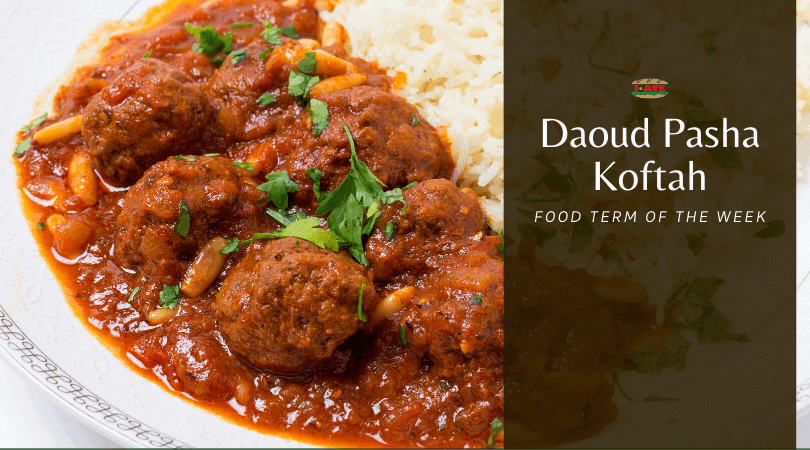 Even though it is a very famous and simple traditional main dish in many Middle East countries, no one actually knows its original name. Most people do not know the man after whom it is named and how or why that happened. The story started in Egypt and the dish spread after that with its new name to all parts of the Turkish Ottoman Empire, developing different tastes in Syria, Lebanon, Turkey and many other countries.
Even though it is a very famous and simple traditional main dish in many Middle East countries, no one actually knows its original name. Most people do not know the man after whom it is named and how or why that happened. The story started in Egypt and the dish spread after that with its new name to all parts of the Turkish Ottoman Empire, developing different tastes in Syria, Lebanon, Turkey and many other countries. 
After the Ottoman conquest of Arab countries like Egypt in 1517, the Sultan (Ottoman king) started to assign governors to the new parts of his kingdom. Daoud Pasha ruled Egypt for about 11 years, and even though he was one of the best ruling the country, his name did not last in these countries, especially the Arab ones, because of his remarkable leadership or his political and economic achievements but because of his most favourite dish of meat balls in red sauce.
He was fond of that dish to the extent of eating it every day and punishing his servants for any mistake in its preparation or ingredients. One of the funniest things is that he used to invite people to share this dish with them after putting a silver ring in one of the meat balls and the one who found the ring in his mouth is the luckiest one to take it.
The dish is generally a delightful mixture of minced meat, onions, garlic, chopped coriander, chopped parsley, tomato pasta, black pepper, salt, ground cinnamon, olive oil, ghee, and fried pine nuts for decoration.
The Syrian Daoud Pasha:
– Served in Syria with white rice, chopped red, green, and yellow pepper, some vegetables, and sometimes with hot spice.
– In the Syrian capital, Damascus, it is also served in a very tasty and remarkable way with tahini.
The Turkish Daoud Pasha:
The meat is served with a very hot spice, and it is also made with potatoes
The Egyptian Daoud Pasha:
– It is different in mincing the rice and adding it to the meat balls with chopped dill, thyme and rosemary.
– They also make it with a white sauce of boiled yoghurt and flour.
Finally, Daoud Pasha continues varying in its wonderful tastes, texture, mixture, and preparation recipe all over the Middle East countries.
References:
– Afifi, W. “Daoud Pasha,” the story of the castrated governor, whose ever lasted fame started from Egypt by “Kufta”. Retrieved from http://www.toraseyat.com/
– Almuti, H. “The Way of the Turkish Daoud pasha”. Retrieved from https://mawdoo3.com/
– Fathy, M. “The Egyptian recipe of Daoud Pasha”. Retrieved from https://www.annahar.com/
Written by Ahmad Almohammad – terminology Study Visitor at the Terminology Coordination Unit of the European Parliament (Luxembourg) and a student of the Master Programme in Learning and Communication in Multilingual and Multicultural Contexts at the University of Luxembourg. He is an English Teacher and holds his BA in English literature and linguistics. He speaks Arabic and English.

